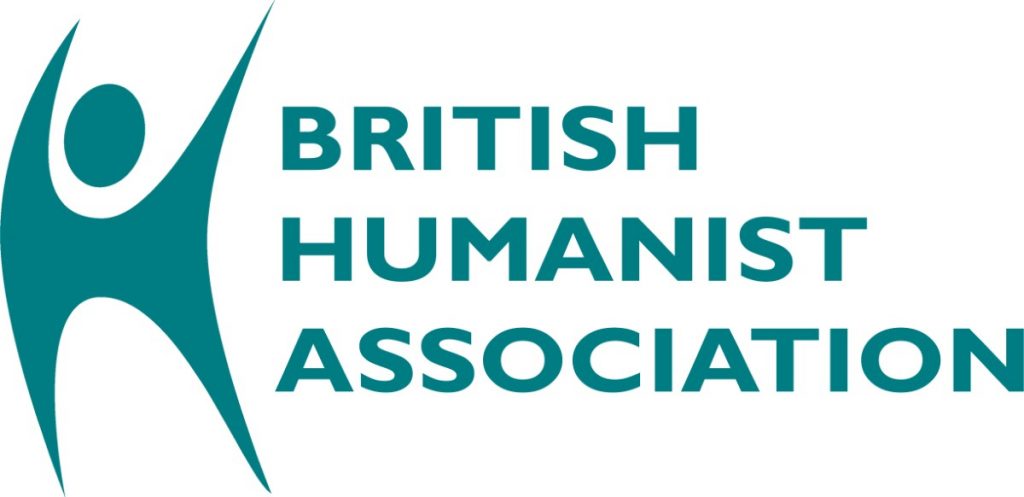BHA: ‘Persecution of Christians’ and ‘aggressive secularism’ claims exposed as false by European court judgement
by Andrew Copson, Chief Executive, British Humanist Association
Today the European court of human rights issued its judgement in four cases in which practicing Christians had claimed that they were persecuted because of their religious beliefs. The court applied exactly the right tests and measures to these cases and three out of the four were lost. No – it wouldn't be right for gay people to be denied the right to have a civil partnership because of a registrar's religion; no – it wouldn't be right for a same sex couple to be denied counselling because of counsellor Gary Macfarlane's religion; no – it wouldn't be right for a ban on necklaces introduced for patient safety to be avoided by nurse Shirley Chaplin because she claimed she must wear a cross on a chain not a pin.
To resort to detail for a moment, in the case of McFarlane, the court found that "the employer's action was intended to secure the implementation of its policy of providing a service without discrimination", and therefore should be permitted. In Chaplin's case, the court ruled that "the hospital managers were better placed to make decisions about clinical safety than a court", and therefore supported the hospital's decision that wearing a cross on a necklace posed a potential risk.
Victories for common sense, I'm sure you'd agree – as I think most people would. The principle is clear: when judging a case of this kind, the question to be asked is 'Will this manifestation of a person's religion interfere with the rights of others?' In three out of the four cases the court found the answer to this question was 'yes, it would,' and rightly dismissed them. In the fourth case, the court find that it should be allowed for BA worker Ms Eweida to wear a cross at work, but since BA had already allowed that anyway, it was difficult to disagree.
Almost all the mainstream reporting of these cases has obscured the three defeats in favour of the one (pointless) victory, and Christian groups are still saying that the individuals involved have suffered discrimination. The 'Christian persecution' bandwagon chugs on regardless of the details of the ruling today, and it is reported that Eric Pickles will tonight use the cases to claim that the UK is in the grip of "aggressive secularism".
These facts confirm what many of us have been saying since these cases first hit public attention. They seem to be primarily motivated not by concern for the rights of wronged individuals but pursued by an aggressive and highly political Christian lobby to whip up a misleading victim narrative of 'Christian persecution'. These groups have a wider agenda in opposition to equality and human rights for all and what they describe as discrimination and marginalisation of Christians is in fact the proper upholding of human rights and equalities law and principles – principles which protect all people against unfair treatment. All reasonable people will agree that there is scope in a secular democracy for reasonable accommodation of religious beliefs when that accommodation does not affect the rights and freedoms of others. But if believers try to invoke their beliefs as a defence for treating other people badly – denying them a service because they are gay or claiming a right to preach at them in a professional context – the law is right to prevent them. It's not persecution of Christians; it's the maintenance of a civilised society for all.





-01.png)